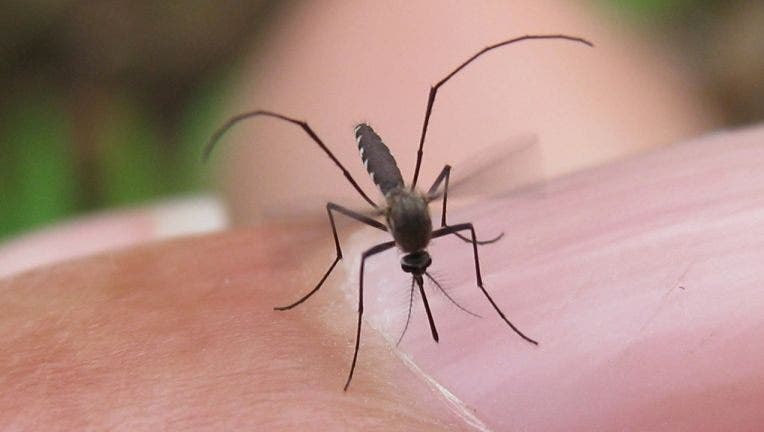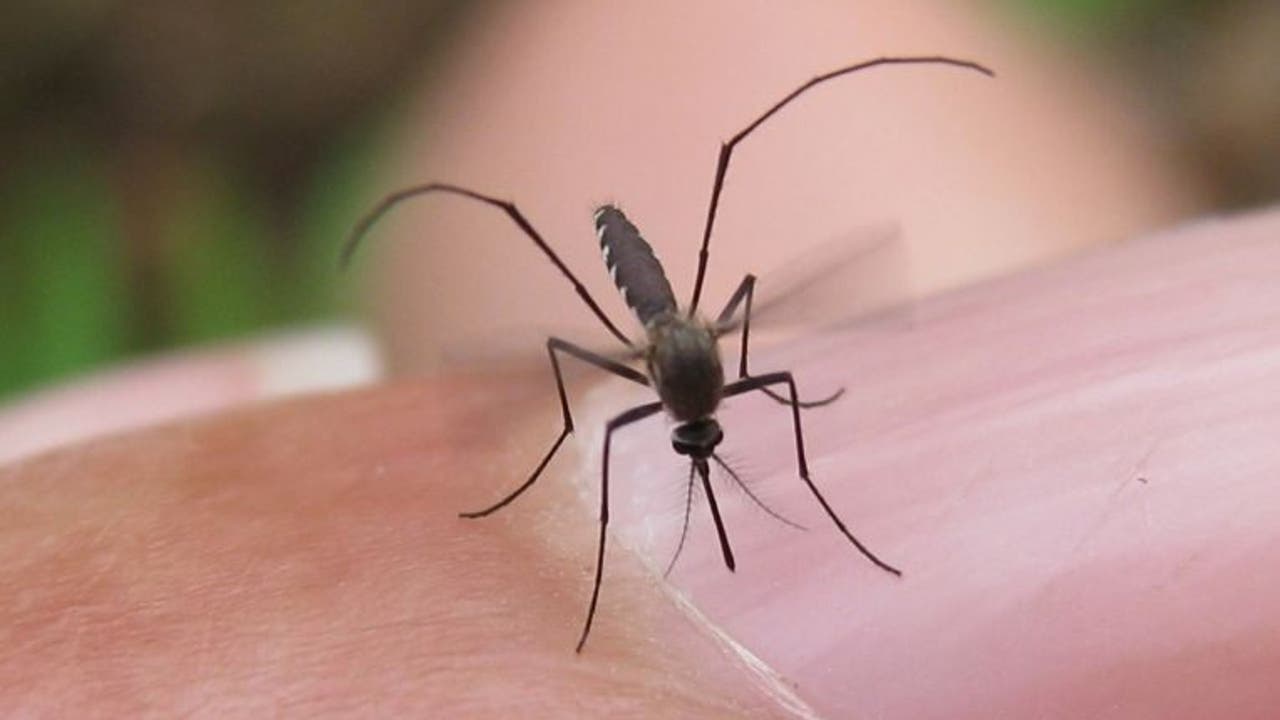 article
article
DALLAS COUNTY, Texas – Dallas County Health and Human Services has reported the first human case of West Nile Virus for the 2025 season.
Dallas County West Nile Virus
The infected person is a Dallas resident, the DCHH said in their Thursday release, and is a man in his early 40s. He’s been diagnosed with West Nile Non-Neuroinvasive Disease. No other details will be released about the patient.
So far, 98 WNV-positive mosquito pools have been found in Dallas County, the release says. The first was discovered in May.
In 2024, 37 human cases of WNV were reported in Dallas County, with three deaths.
What they’re saying:
“With the first West Nile virus human case, it’s an important reminder that prevention is key,” says Dr. Philip Huang, Director of DCHHS. “With a few simple precautions—like using insect repellent, removing standing water around your home, and wearing proper clothing—you can greatly reduce your risk.”
What you can do:
Health officials urge the public to take protective measures by utilizing the ‘4Ds’ to reduce the risk of West Nile virus:
- DEET: Use insect repellents that have the active ingredient DEET or other EPA-registered repellents.
- DRESS: Wear long, loose and light-colored clothing outside.
- DRAIN: Drain or treat all standing water in and around your home or workplace where mosquitoes could lay eggs.
- DUSK to DAWN: Limit your time outdoors from dusk to dawn when mosquitoes are most active.
What is West Nile Virus?
Dig deeper:
WNV is a disease that is spread by the bite of an infected mosquito. Mosquitoes can become infected when they feed on the blood of infected birds. The infected mosquitoes can then transmit WNV to humans and animals.
Severe WNV infections can cause neurologic complications such as encephalitis. Milder symptoms include fever, headache, and muscle aches. There is no vaccine or specific treatment for WNV.
For more information from Dallas County on WNV, click here.
The Source: Dallas County Health and Human Services provided the information in this article.
